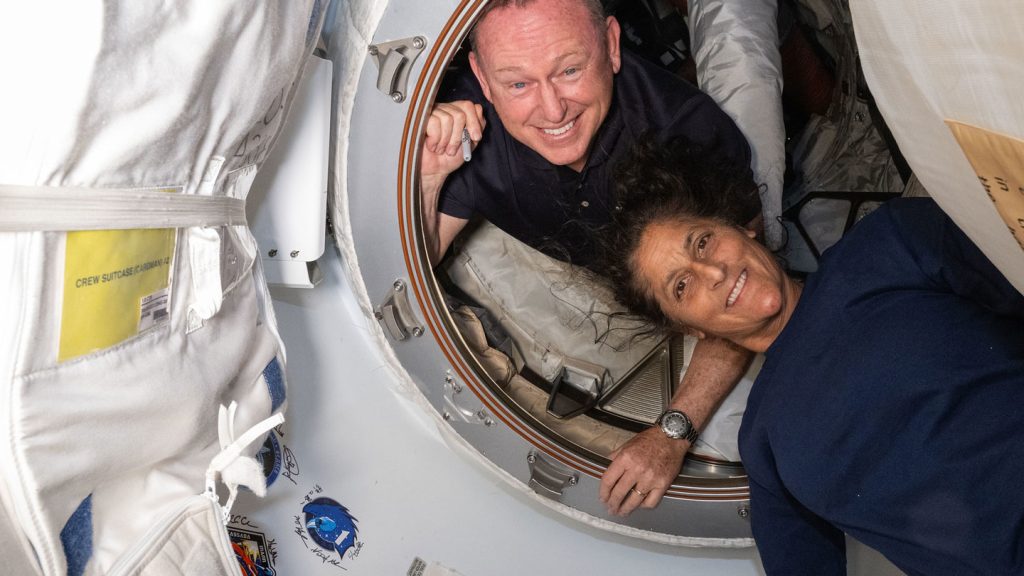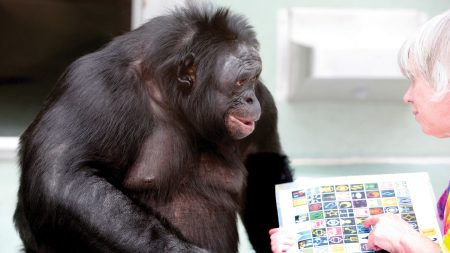U.S. astronauts Sunita Williams and Butch Wilmore were supposed to return to Earth on Boeing’s Starliner spacecraft after an eight-day mission to the International Space Station in June. However, delays caused by hydrogen leaks and thruster issues have extended their stay for over two months, with the possibility of staying longer. If they don’t return on Starliner, they may fly back with another crew on a SpaceX Dragon vehicle in September, staying until February 2025.
This situation has garnered attention and raised concerns about the astronauts being stranded in space. However, this is not unprecedented in spaceflight history. Past incidents have seen astronauts stuck in space for longer than anticipated due to various reasons. Despite the challenges, the main concern remains ensuring the safety of individuals in space and having reliable lifelines and contingency plans in place for unexpected situations.
In previous incidents, engine failures, geopolitical turmoil, and spaceflight disasters have led to astronauts spending extended periods in space. For instance, in 1979, two cosmonauts were left stranded on the Salyut space station after a spacecraft engine failure. In another incident, the collapse of the Soviet Union in 1991 resulted in cosmonaut Sergei Krikalev spending 311 days in space due to political upheaval on Earth.
One of the more recent incidents involved a coolant leak on a Soyuz spacecraft docked at the International Space Station after a micrometeorite impact. The resulting delay meant NASA astronaut Frank Rubio and his crewmates spent over a year in space. Delays caused by weather on Earth have also impacted return missions, such as in the case of Axiom Mission 3, where storms near the planned landing site caused a delay in the crew’s return.
Despite the challenges and risks associated with space travel, many astronauts, including those who have experienced extended stays in space, express a desire to return to space for longer missions. The allure of space exploration and living in microgravity seems to outweigh the potential hazards, with some astronauts even jokingly expressing a wish to immigrate into space permanently with their families if given the opportunity. Overall, the history of spaceflight is filled with stories of resilience, adaptability, and a shared passion for exploring the final frontier.















